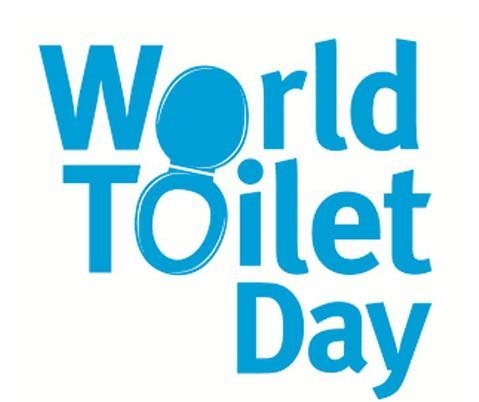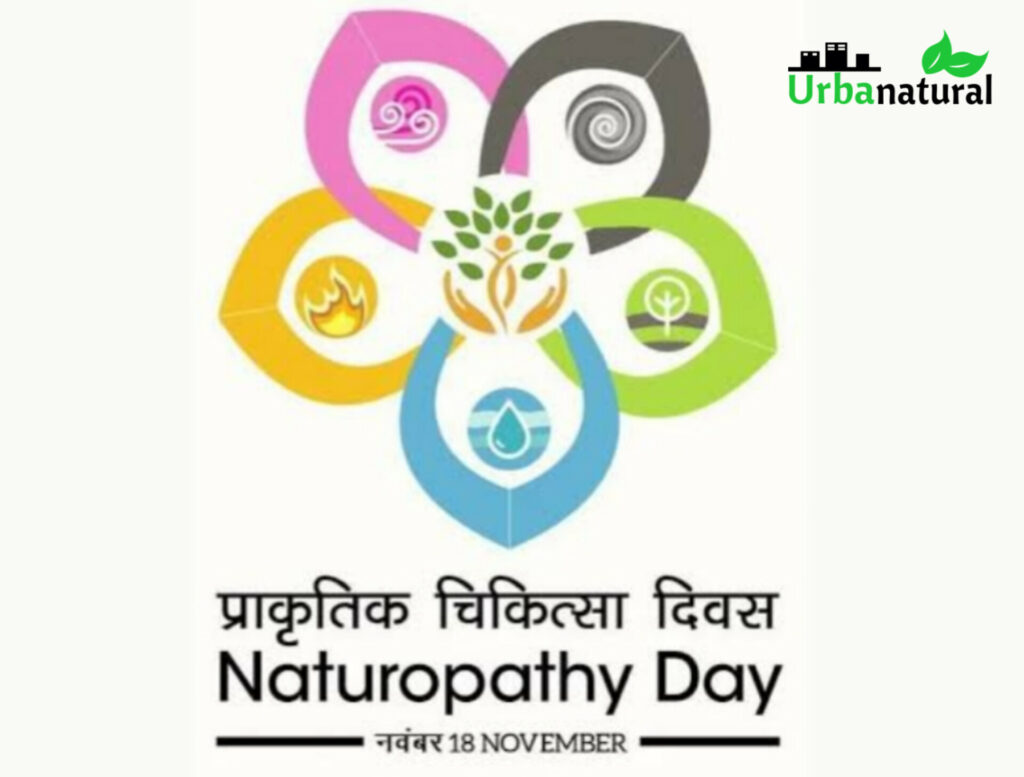by: Sanjay Pokhriyal
The Father of the Nation Mahatma Gandhi had two important things about cleanliness and cleanliness. First of all, that there is more significant cleanliness than freedom and every man should be his own cleanman. But it seems that we have forgotten these things about them. Only then the world has to commemorate the toilets day so that people do not get poisoned in the open. Use toilets. Fast toilets are being created in many countries of the world including India. Ironically, those who have this facility in rural areas also avoided using it.
World Toilet Organization started this day in 2001. After 12 years in 2013, the United Nations General Assembly to make people aware of cleanliness and hygiene in the world included this day on the United Nations Official Days. This time the theme of this day is, ‘When Nature Calls’
Since 2013, the United Nations has observed November 19th as World Toilet Day to draw the world’s attention to the importance of accessible toilets and their role in improving hygiene and health around the world.
Together, we can make toilets and proper sanitation accessible for all. Here are seven key facts you need to know about the problem:
1. |
40% of the world — more than 2.4 billion people — lack access to improved sanitation. |
2. |
Over the past 200 years, toilets have added twenty years to the human lifespan. |
3. |
As a part of the 2030 Sustainable Development goals, the UN hopes to ensure availability and sustainable management of water and sanitation for all. |
4. |
More people in the world have access to mobile phones than toilets. |
5. |
Poor sanitation increases the risk for malnutrition and disease, especially for women and children. |
6. |
Diarrheal disease is the second leading cause of death among children under five and is entirely preventable with access to proper sanitation and clean water. |
7. |
For every rupee invested in water and sanitation, there is a Rs.4.30 return in the form of reduced health care costs around the world. |

Except for the goal of sustainable development target 6 (SDG-6), the United Nations had targeted that by the year 2030, every inhabitant of the world would achieve cleanliness and availability of water and sustainable management. Also by 2030, open defecation in the open will end with the whole world. However, efforts being made in this direction are showing some other picture. It is clear that this goal is becoming difficult for the world.
Dangerous side effects In the
world, toilets in the open of a large population means that human stools can not be purified on a widespread scale. We are making our environment an open sewer. Therefore, there is a serious adverse impact on public health, living and working conditions, nutrition, education and economic productivity through open defecation. People are becoming more afflicted with diseases.

Cleanliness The
Government’s intention of equal god devotion is to run the cleanliness in the country on the lines of Mahatma Gandhi’s Satyagraha movement. In fact, the dirty-free India-Clean India is an important program of Prime Minister Narendra Modi and he has been making people aware about various aspects of cleanliness in the monthly program “Mana Ki Baat”. The Father of the Nation, Mahatma Gandhi believed that cleanliness is equal to god devotion. They had dreamed of a clean India and they wanted all the citizens of India to make their precious contribution in the creation of clean India. In order to reach this message of cleanliness to the world, the ‘Satyagrahaa Sanchaagraha’ campaign started.
Dangers are caused by millions of crores , according to a report by the World Health Organization, in 2015 about 1,17,000 children under the age of five died due to diarrhea. Diarrhea damages the ability of holding nutrients in their body for whole life. UNICEF India Wash Chief Nicholas Asvert told the UNICEF survey that due to lack of toilets and toilets, every year, Rs 50,000 a day is spent on medicines. This includes time cost, medical expenses etc. This survey was done on ten thousand Indian families and the study also shows that a sum of Rs 4.3 has been saved from a rupee invested on improvement in sanitation.
Where we stand
, according to the United Nations, the number of people who open defecation in the world is about 89.2 million. There is half the stake in India. However, to deal with this problem, the Government of India has started Swachh Bharat Abhiyan under which it has already made about nine crore toilets in rural areas. The government is moving ahead with the goal of completely eliminating defecation till 2019.
Disclaimer: All information, data and material has been sourced from multiple authors and is for general information and educational purposes only and are not intended to replace the advice of your treating doctor.
The views and nutritional advice expressed are not intended to be a substitute for conventional medical service. If you have a severe medical condition or health concern, see your physician.





